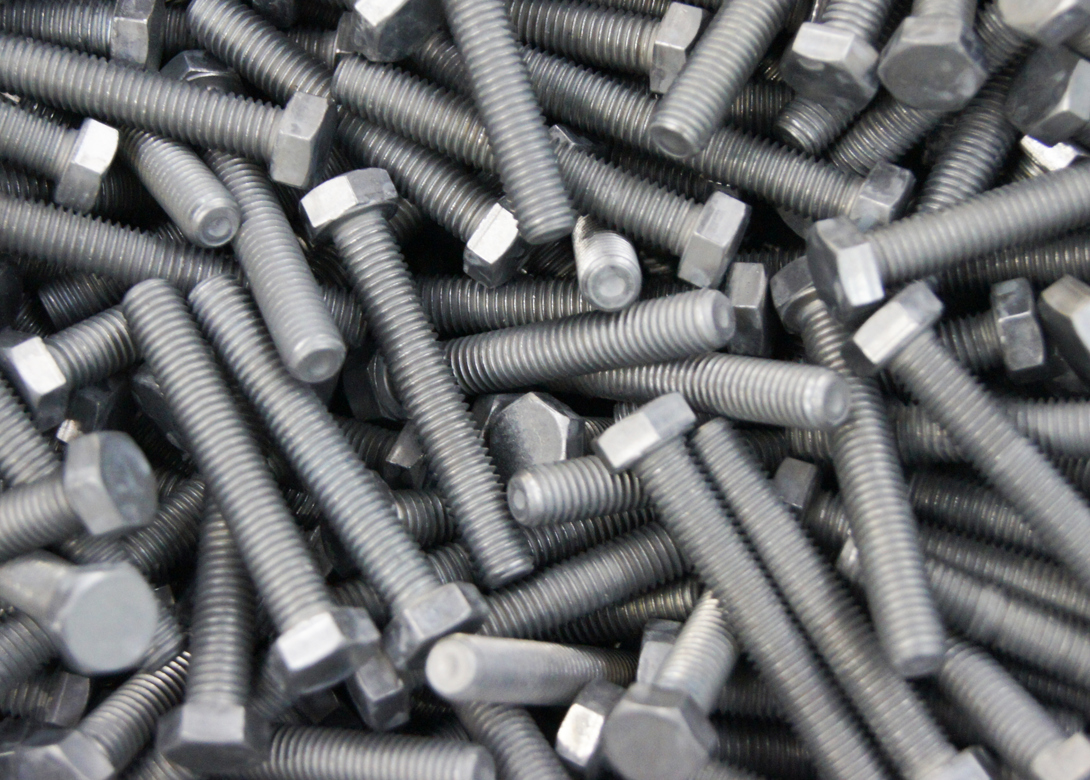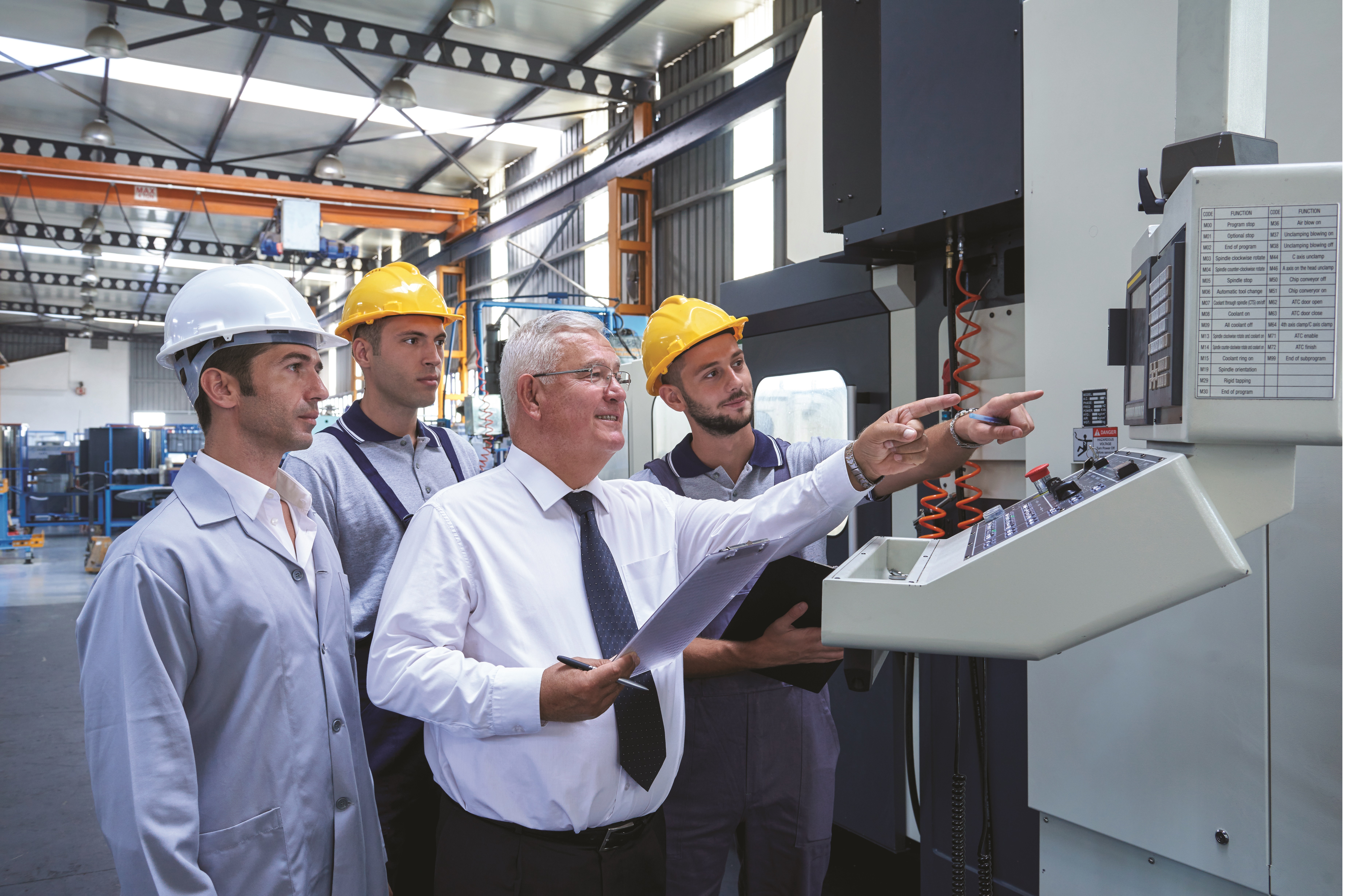
The phrase ‘global supplier’ spurs thoughts of shipping containers travelling the world and large multinational corporations employing highly complex logistical operations; all controlled from a centralised super-hub. However, this is not an entirely accurate reflection of what it takes to be a truly successful global supply partner.

Traditional global frameworks can be slow to respond to local concerns, while moving products around the world can also be costly and time consuming. Therefore, to effectively service demands with speed at a local level, a global approach must be blended with a local ethos - a scalability of service.
Optimas is a business that delivers its expertise globally – aiding OEM manufacturers and tier 1 suppliers by streamlining logistics frameworks and providing high-quality fasteners and C-class components for various stages of the production cycle. However, due to the range of industries and regions the business services, a uniform approach will simply fail to satisfy the differing demands of each customer. The requirements of building a car compared to manufacturing power generation equipment are entirely different, so the approach must alter accordingly. Even the same customer may take a different approach in each of the regions it conducts operations, which complicates strategy further.
Choosing a global supplier should guarantee a certain quality in service and products. Simply put, businesses that supply inferior products do not become global. Globalisation ensures that only the most integrated and capable businesses fully benefit from the global marketplace; and to hold market position in what can be a volatile global economy denotes a business of clear objectives and exemplary practice. This breeds trust and confidence in a supplier. However, to successfully integrate with multiple regions as a global supplier, maintaining this confidence requires a consistently reliable and thoughtful service at a local level.
Ultimately, serving an OEM customer globally across various geographical areas demands an innate understanding of that business, its products and the different regions where they are produced. It is therefore helpful to engage with local engineers and management on a branch by branch basis – which enables a supplier to perceive the landscape with regards to a customer’s business structure and operations. This can be achieved by permanently stationing engineers on-site, or by supporting areas via local supply branches which are specifically tailored to service customers in certain locations. Either way, consistent local contact is the best method.
Local support from a global supplier offers incredible flexibility in terms of service. The pedigree of a proven product or service, delivered with the speed of a local supplier is undoubtedly the best of both worlds. It is a relationship that has been struck between Optimas and many of its customers around the world – relationships that have been ongoing for many decades.
Operating a global supply chain should be seen as a collection of assets which are there to be utilised as necessary; rather than a one-size-fits-all supply solution. As a global business, offering customers the quality assurances and vast portfolio is highly beneficial. But to nurture and grow relationships, care must be taken on a local level.
Assessing a customer’s facility locations, target sectors and overall size – then adapting the supplied services to suit individual operations accordingly – enables the global capacity to be utilised in the optimum manner. To compound this, engineers on the ground or at nearby facilities can become intimate with each project, helping customers to streamline processes for each individual facility. Via this method, OEM manufacturers can gain the benefits of a global supply chain, but with the local knowledge and responsiveness to tackle issues quickly. Its global expertise, but with local scalability.

Having spent a decade in the fastener industry experiencing every facet – from steel mills, fastener manufacturers, wholesalers, distributors, as well as machinery builders and plating + coating companies, Claire has developed an in-depth knowledge of all things fasteners.
Alongside visiting numerous companies, exhibitions and conferences around the world, Claire has also interviewed high profile figures – focusing on key topics impacting the sector and making sure readers stay up to date with the latest developments within the industry.
Don't have an account? Sign Up
Signing up to FastFixTechnology.com enables you to manage your account details.